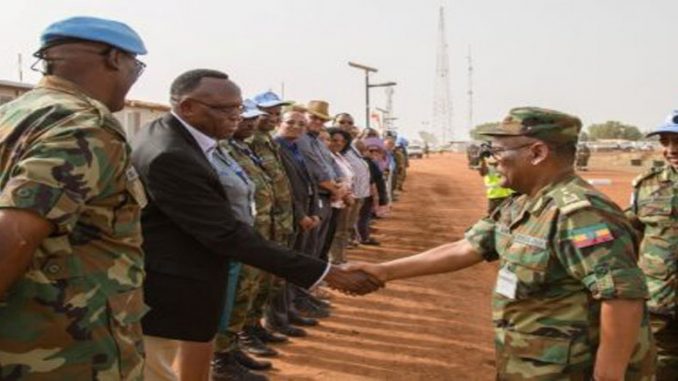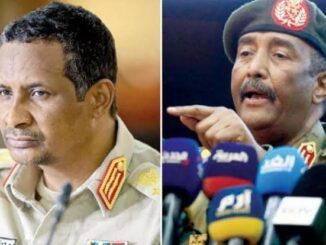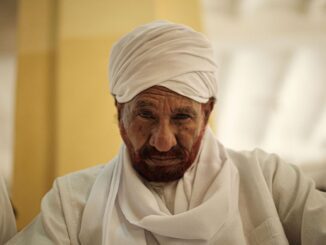
The United Nations Security Council (UNSC) Monday has decided to reduce Abyei force and warned it may withdraw its support to the Sudan-South Sudan border monitoring force if they continue to impede the activation of the operation.
The 15-member body unanimously adopted the resolution 2352 (2017) which provides extending until 15 November 2017 the mandate of the United Nations Interim Force for Abyei (UNISFA).
Also, the Council decided to reduce UNISFA’s troops from 5,326 to 4,791, marking the first change in the Force’s troop levels since 2013. Further, it urged the two countries to resume direct negotiations in order to agree on a final settlement of the Abyei question.
The resolution drafted by the U.S. reiterated concerns about persistent delays and stalled efforts to operationalise the Joint Border Verification and Monitoring Mechanism (JBVMM) which the two countries agreed in the Cooperation Agreement of September 2012.
The Council “takes note that continued investment in achieving full operational capability of the JBVMM should be based on a set of conditions, including resolution of the dispute over the SDBZ, and calls upon the Government of Sudan and the Government of South Sudan to make timely and effective use of the JBVMM, JPSM and other agreed joint mechanisms to ensure the security and transparency of the SDBZ, including the “14 Mile Area,” said the resolution.
The Security Council went to decide that UNISFA’s support to the monitoring mechanism will be ended within six months unless the two countries activate the border monitoring mechanism.
“Decides that this extension of the mandate modification set forth in resolution 2024 (2011) shall be the final such extension unless both parties demonstrate through their actions clear commitment and steadfast guarantees for implementation of the JBVMM,” reads the resolution.
The JBVMM is intended to monitor the Sudan-South Sudan border, in line with the Safe Demilitarized Border Zone (SDBZ) the two countries agreed to establish in the cooperation agreement.
But, the JBVMM was suspended on 22 November 2013 following South Sudan’s withdrawal from the mission.
Michele Jean Sison, the United States Deputy Representative to the United Nations hailed the adoption of the resolution. She further regretted that Sudan and South Sudan had yet to take the steps necessary to make the Mechanism fully operational.
“Five years of obstacles to deployment […] is enough,” she said, adding “The status quo must be questioned when the status quo is not working,”.
The Sudanese Ambassador Magdi Ahmed Mofadal Elnour blamed the South Sudan for delaying the implementation of the cooperation agreement and Abyei interim intuitions.
On the joint monitoring body, he declared: “We have never restricted the movement of this Mechanism.” He was pointing to the UN Secretary general report which said that the JBVMM had cancelled 18 air patrols due to delayed approval by South Sudan.
He further called on Juba to implement the temporary arrangement for the administration of Abyei and all provisions in the 2012 cooperation agreement. He further renewed accusation that South Sudan continue, instead, to harbour rebel groups in South Kordofan, Blue Nile and Darfur.
South Sudan’s Ambassador Joseph Moum Malok said that the withdrawal of support for the JBVMM would negatively impact the cooperation agreement between South Sudan and Sudan, emboldening each side to take a more combative posture along the border, he cautioned, pointing out that ceasing support could lead to proxy fights.
He further pointed to the need fill the “vacuum of State responsibility”, and called on the international community to provide the need support adding it is “urgently needed to stabilise the situation in the area and create a conducive environment for a more constructive and fruitful dialogue on the future of Abyei.”
In line with the 2005 peace agreement, the residents of the disputed area have to hold a referendum to determine whether Abyei will remain part of the Sudan or join the South Sudan. But the two countries failed to agree on the participation of the Misseriya pastoralists who reside there several months every year.



